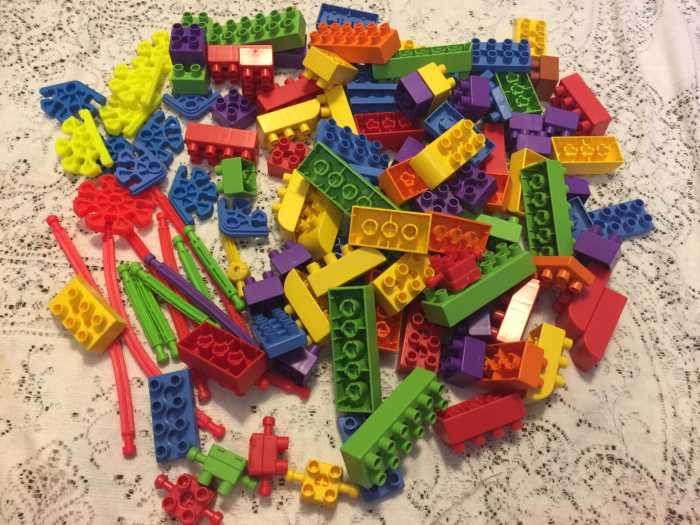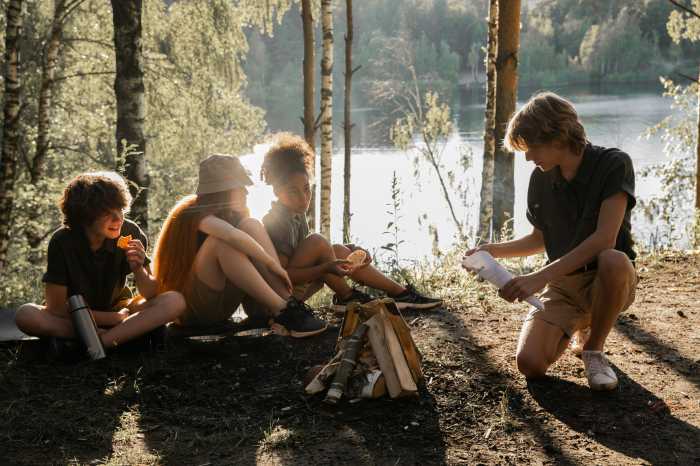William is a bright and funny third-grader. He is a whiz at math, knows oodles of details about marine science and has a love for Greek mythology. But while facts and figures come easy to William, interacting with others does not. William’s teacher says that he has a hard time working in groups and has had many meltdowns and angry outbursts in class. William’s mother worries that his lack of friends and ability to function socially will increasingly affect him as he gets older. “He gets in trouble at school because the teacher thinks he is being difficult, but he’s not. He just doesn’t know what to do or say,” says William’s mom. William has a social skills disorder.
“Many children who struggle socially are mislabeled as having ‘behavior problems’ but what they really may have is a social skills disorder,” says Isa Marrs, a licensed speech language pathologist and owner of Where I Can Be Me® social skills program. “These children typically do not start out intending to be bad or different – they just come across that way because they are breaking the expected social rules,” Marrs says.
We Are All Social Beings
From birth we begin to develop our social skills. Babies quickly learn that if they cry, they will be picked up and held. As we grow we continue to gather information and learn how to respond to those around us. It is an instinctive process. William is a bright and funny third-grader. He is a whiz at math, knows oodles of details about marine science and has a love for Greek mythology. But while facts and figures come easy to William, interacting with others does not. William’s teacher says that he has a hard time working in groups and has had many meltdowns and angry outbursts in class. William’s mother worries that his lack of friends and ability to function socially will increasingly affect him as he gets older. “He gets in trouble at school because the teacher thinks he is being difficult, but he’s not. He just doesn’t know what to do or say,” says William’s mom. William has a social skills disorder.
Social and Academic Hurdles
Think back to your school days. Most likely you can recall a fellow student who perhaps was known as the “loner” or even “class clown.” These are some of the labels that children with social disorders often acquire. “Children who don’t really fit in with their peers are frequently subject to social rejection and teasing, which can lead to sadness and loneliness which can then affect them academically,” says Jo Hariton, Ph.D. director of the Social Skills Program of New York Presbyterian, Westchester Division.
“There is a direct academic connection between social thinking and reading and writing,” says Debbie Meringolo, MA, MS, a special educator and co-director of Altogether Social, a program based on the Social Thinking concepts of Michelle Garcia Winner. “Social thinking requires more than factual knowledge, you must take into account the intentions of other people and their feelings; including those of characters in books or history,” adds Meringolo’s partner, Nancy Tarshis, MA, MS certified speech-language pathologist. Reading comprehension is all about being able to make predictions based on knowledge of the character’s thoughts, emotions or actions. If your child is unable to understand another’s perspective, most likely they will not excel in this form of critical thinking.
The good news is that social skills can be taught via social skills programs.
Why Social Skills Programs Are Important
“If a child was able to learn from just observing others, they would do it!” says Tarshis. But children with social skills challenges are not able to pick up these skills by only watching their peers. “Many children need to be taught how to have a conversation, make eye contact, share, be a good sport and so on,” says Sociable Kidz founder Susan Hendler. “Without these skills, kids can end up with low self-esteem and can be easily bullied or teased. A good social skills program can help with this,” says Hendler.
Hariton says that social skills programs can help because they act as a “laboratory” where children can try out new skills in a safe nonjudgmental environment and even get feedback. The end results of these types of programs are kids who are more confident and better equipped to making and sustaining friendships. They are also able to start to understand how their actions may be perceived and take into account how others may be feeling.
Things to Keep in Mind
No one social skills program is right for every child. As with any therapy, parents will need to do their research to figure out which group would work best for their child. They should also make sure that the leader has the right qualifications to run such a group. The size and how children are clustered together is very important. It is more beneficial to have children placed in groups based on their social functioning level rather than their actual chronological age. Parents should also consider the curriculum of the program. The best programs are ones that are flexible and able to adapt to meet the individual needs of its members. Social skill groups should also be fun, or else your child will not want to keep going.
The Ultimate Goal
Social skills are not just something kids need to get through school. “By the time we’re adults the social skills we have play a critical role in our ability to find work,” says Isa Marrs. There have been many successful quirky individuals who did things their own ways; but exposing our children to society’s social norms is important. Your child is not expected to always have to conform to the “so called social norms,” on the contrary, they just need to be aware of them and understand how others may feel or react if they decide to go against them. Debbie Meringolo speaks for many parents when she says the true goal of a social skills program is, “To get our kids to be their own self coach; to be more flexible and to understand how their social mind works.”
Some Local Social Skills Programs
The following social skills programs are local and run by highly trained individuals. Parents are advised to do their research and find the program that is the best fit for their child.
Altogether Social on the Upper West Side
Debbie Meringolo, MA, MS, and Nancy Tarshis MA, MS, SLP
309 W. 104th St. (Suite 7C) at Riverside Dr.
New York, N.Y.
714-2707; altogethersocial.com.
Uses a variety of methodologies, including social thinking. Children are grouped by social communication, perspective-taking and developmental skill level. Social learning is individualized within the group.
Sociable Kidz
Susan Hendler, owner, certified elementary teacher, public speaker.
1600 Harrison Ave., Mamaroneck, N.Y.
502-3295; sociablekidz.com.
The curriculum written by Susan Hendler is differentiated based on the individual needs of each child. Topics include, but not limited to: team building, conversations, recess to the rescue, sharing and making a friend. Social games are integrated into the curriculum as well as art activities.
Social Skills Program at New York Presbyterian Hospital, Westchester Division
Dr. Jo Hariton, Program Director
21 Bloomingdale Road, White Plains, N.Y.
997-5957
All children have an evaluation and Dr. Hariton becomes a “group match maker” to place them in a group with other children who are similar enough by age, grade and developmental level. Groups have their own personality and specific goals based on the specific needs of members.
Where I Can Be Me
Isa Marrs, MA CCC-SLP
127 Woodside Ave., 201, Briarcliff Manor, N.Y.
488-5282; whereIcanbeme.com.
This program uses a method developed by Isa Marrs called Facilitated Peer Modeling which is based on the fact that children need to be grouped with complementary peers, taught with both direct and indirect methods and that there needs to be a progression from simple to complex skills. Programs aim to be fun with an adjustable approach and measurable progress.
Sharon Fuentes is the co-author of the book, The Don’t Freak Out Guide to Parenting Kids with Asperger’s, and a regular contributor to Westchester Family.













